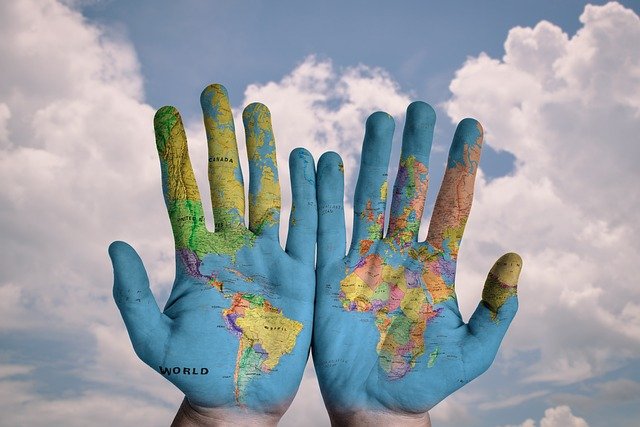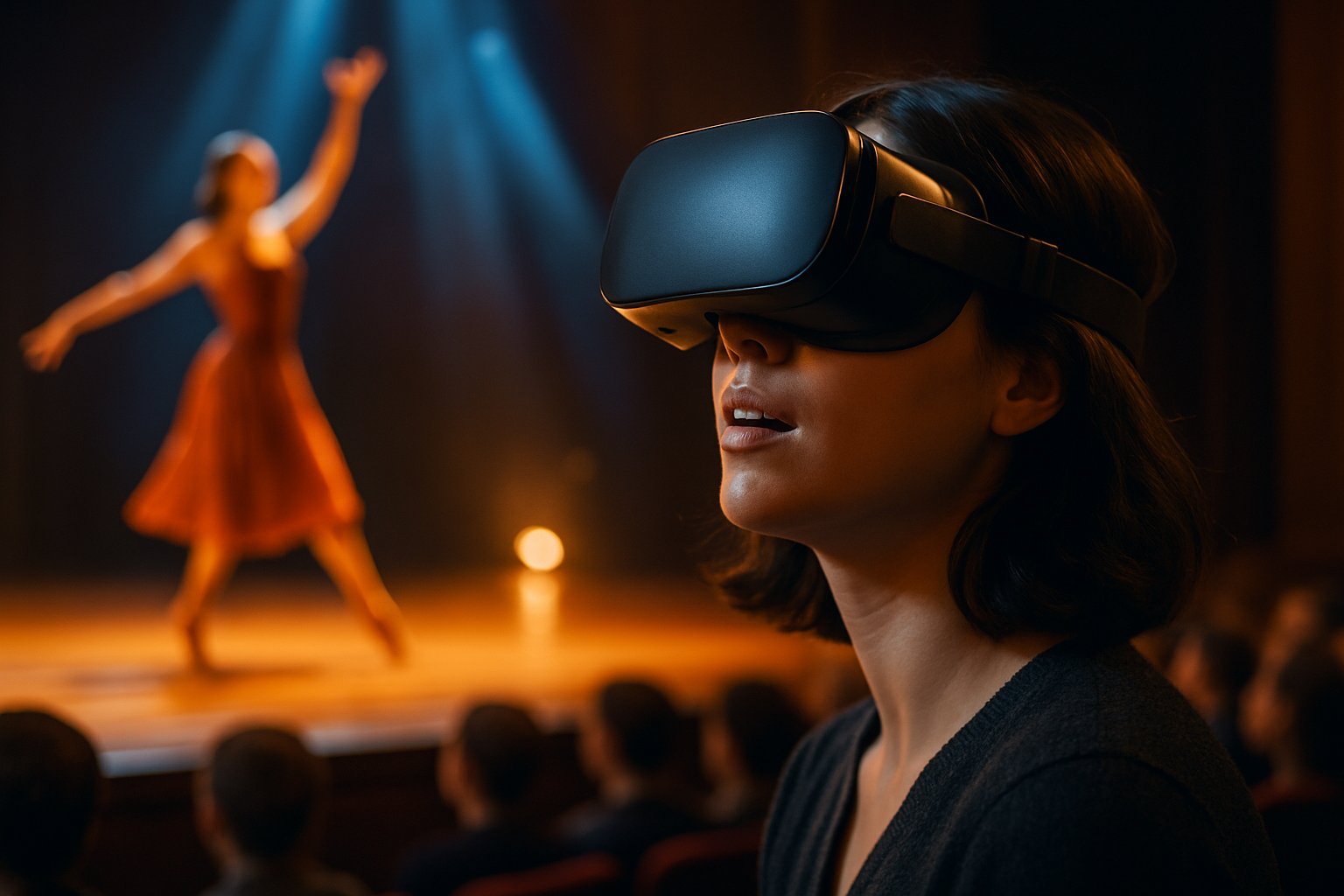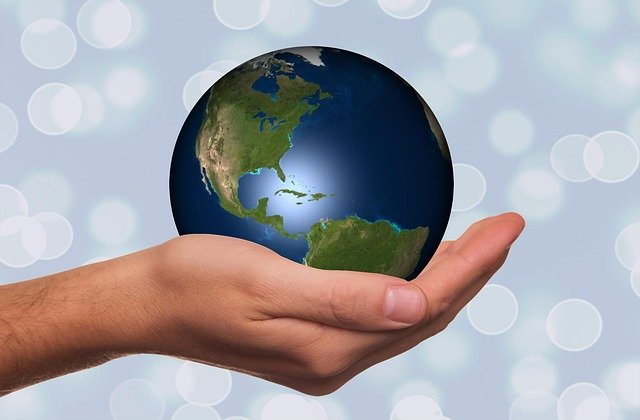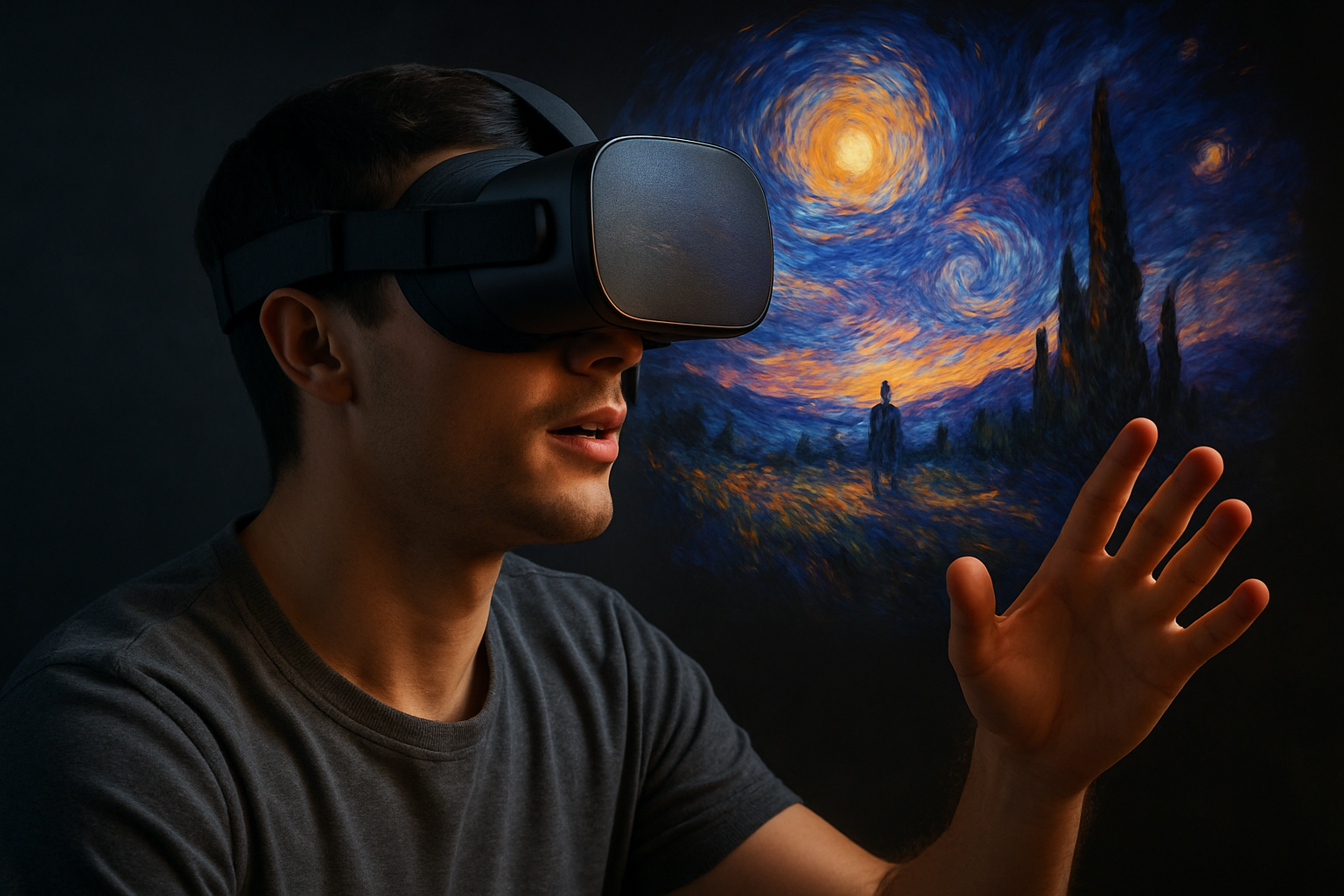Redefining Intellectual Property in the Age of AI
Introduction: In an era where artificial intelligence is reshaping industries, the legal landscape of intellectual property (IP) faces unprecedented challenges. As AI systems generate increasingly sophisticated outputs, from artwork to inventions, traditional notions of authorship and ownership are being called into question. This article delves into the evolving intersection of AI and IP law, exploring the complexities and potential solutions in this rapidly changing field.

AI as a Creator: Challenging Traditional Authorship
As AI systems become more sophisticated, they are increasingly capable of generating original works that would typically be protected by copyright law. From paintings to music compositions, AI-created works are raising fundamental questions about authorship. Can an AI system be considered an author under current copyright laws? If not, who owns the rights to AI-generated works - the programmer, the user, or the company that developed the AI?
Patent Law in the Age of AI Inventors
The realm of patent law is similarly grappling with the role of AI in innovation. In 2020, a landmark case emerged when an AI system named DABUS was listed as the inventor on patent applications in multiple countries. While some patent offices rejected these applications on the grounds that an inventor must be a natural person, others have begun to consider the possibility of non-human inventors. This debate highlights the need for a reevaluation of patent law principles in light of AI advancements.
The Economic Implications of AI-Generated IP
The potential economic impact of AI in the intellectual property sphere is substantial. As AI systems become more prolific in generating potentially valuable IP, questions arise about how to allocate the economic benefits. Should companies investing in AI development be entitled to all the profits from AI-generated works? How can we ensure that this new paradigm doesn’t exacerbate economic inequalities or stifle human creativity?
Legal Frameworks for the Future
As the legal community grapples with these challenges, various proposals have emerged for adapting IP law to the age of AI. Some suggest creating a new category of rights for AI-generated works, while others advocate for expanding the definition of authorship to include non-human entities. There are also calls for shorter protection periods for AI-generated works to balance innovation with public access.
International Harmonization and AI IP Laws
The global nature of AI development and deployment adds another layer of complexity to IP law reform. Different countries are taking varied approaches to AI and IP, potentially leading to a fragmented international landscape. This raises the need for international cooperation and harmonization of AI IP laws to ensure consistency and fairness in global markets.
Ethical Considerations in AI-Generated IP
Beyond the legal and economic aspects, the rise of AI in intellectual property raises significant ethical questions. How do we ensure transparency in the creation process of AI-generated works? What are the implications for human artists and inventors? These ethical considerations must be addressed alongside legal reforms to create a balanced and fair IP system in the AI era.
Conclusion
The intersection of AI and intellectual property law represents a frontier in legal theory and practice. As AI continues to evolve, so too must our legal frameworks to ensure they remain relevant and effective. The challenge lies in striking a balance between fostering innovation, protecting human creativity, and adapting to the realities of AI-generated works. As we navigate this complex landscape, collaboration between legal experts, technologists, and policymakers will be crucial in shaping a fair and forward-thinking intellectual property regime for the AI age.






